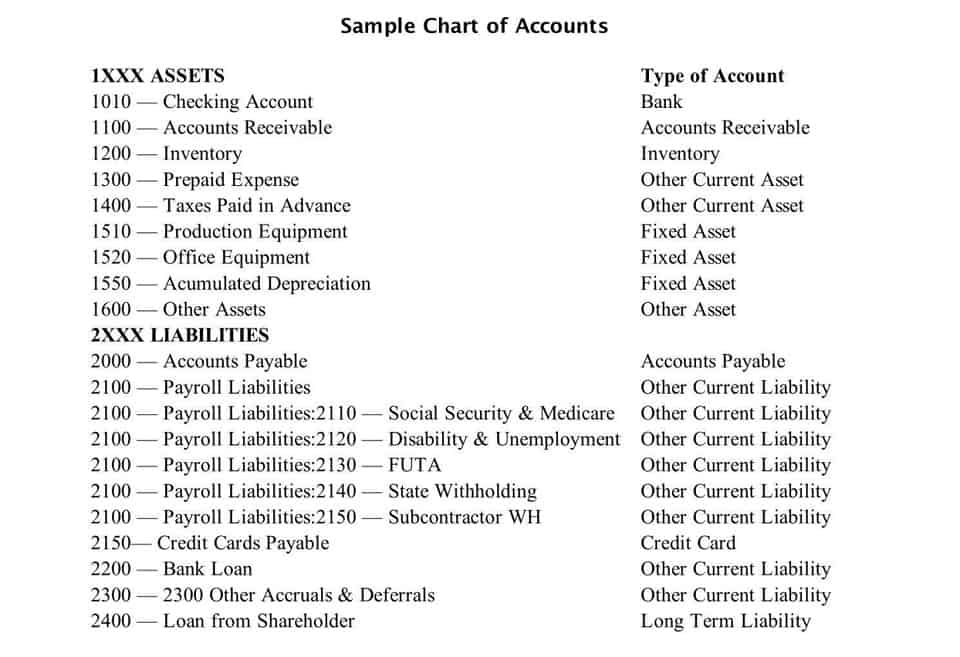Reserve Fund Accounting for Community Associations

This process allows the governing board to assess the costs of any repairs or replacements needed. Once the estimates are ready, members can divvy it up among homeowners or residents. If there is not enough cash in the reserve fund, the HOA must conduct a special assessment. Also, most of the time, both the raised dues and the special assessments are inefficient, as they only show the consequences of the HOA’s lack of planning. If you are a board member, you should always prioritize the community’s needs.
Reserve Fund Accounting for Community Associations

First, the members can vote to waive reserves or partially fund reserves. The board can put the reserves question up to a vote if it so chooses. If no hoa reserve accounting journal entry vote to waive or partially fund reserves is taken or not enough members vote to do so, the board must adopt the budget with fully funded reserves.
What are the different reserve funding methods?
If all fees collected from HOA members are kept in one checking account, the board will need to move money that is allocated for reserves into its own separate account where the reserve funds are kept on deposit. In a separate bank account, the IRS does not view reserve funds as taxable income to the community. To be in compliant with Civil Code requirements, associations should account for operating and reserves activity separately, known as fund accounting. Fund accounting performed accurately provides the basis for financial reports which present operating and reserves activities separately. The directors and officers have a fiduciary duty to the members of their community association. Given this fiduciary duty, it is important to understand when reserve funding is mandatory and the legal requirements for funding and waiving reserves.
The ins and outs of HOA reserve fund accounting
- Maintaining a homeowners’ association’s (HOA’s) financial health is a key responsibility of the board of directors.
- Homeowners association reserve funds are one of two principal accounts necessary to manage your community.
- This process allows the governing board to assess the costs of any repairs or replacements needed.
- However, to be more precise in determining how much cash is needed for this fund and what to lump into the fees, associations should conduct a reserve fund study.
- Just make sure you have enough money set aside in a regular savings account; money you can access immediately to cover emergency expenses.
If this happens, the reserve fund is properly maintained, and the community has enough money to cover sudden expenses that could be detrimental to its finances. However, a homeowners association’s reserves are considered fully funded when they can cover the community’s major expenditures for at least the next years. If they plan ahead, HOAs can create a financial strategy to fund their reserves based on the study’s findings. This plan should include how much money they should put away, how much they should charge the homeowners to collect the sum, and how they should invest that money. Often, governing documents contain information on when an HOA should keep in reserves.
- Any money spent on improving the HOA property through repair and replacement costs comes from these financial reserves.
- Most of the mortgage loans on condos are underwritten by the Federal Housing Administration.
- A reserve fund can have less than that set aside, however, and some will.
- Please don’t hesitate to reach back out if you have any other questions or concerns about properly recording reserves for a very small HOA company.
- In other words, the monthly fee that’s charged to residents should include enough money for regular maintenance and services, as well as some money to set aside for the reserve fund.
Some documents even set the reserve funding percent requirement at 85–90%. Generally accepted accounting principles require a separation of operating and replacement reserve transactions. Not all accounting systems have the capability of presenting activity that mirrors the presentation in audited financial statements.

What are HOA reserve funds used for?







